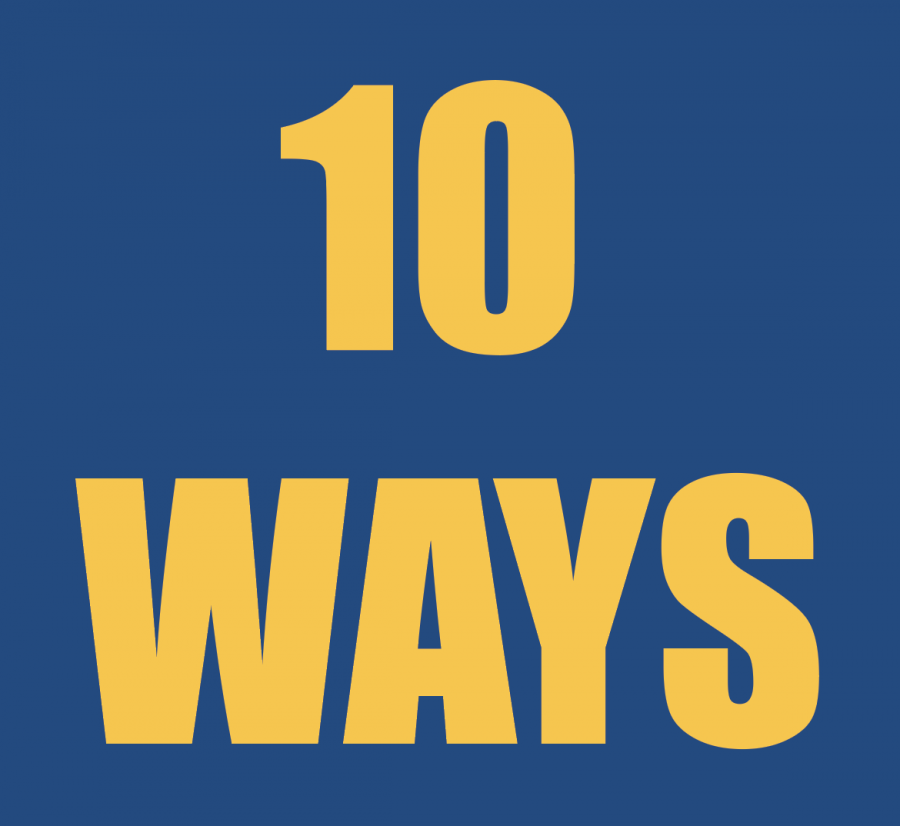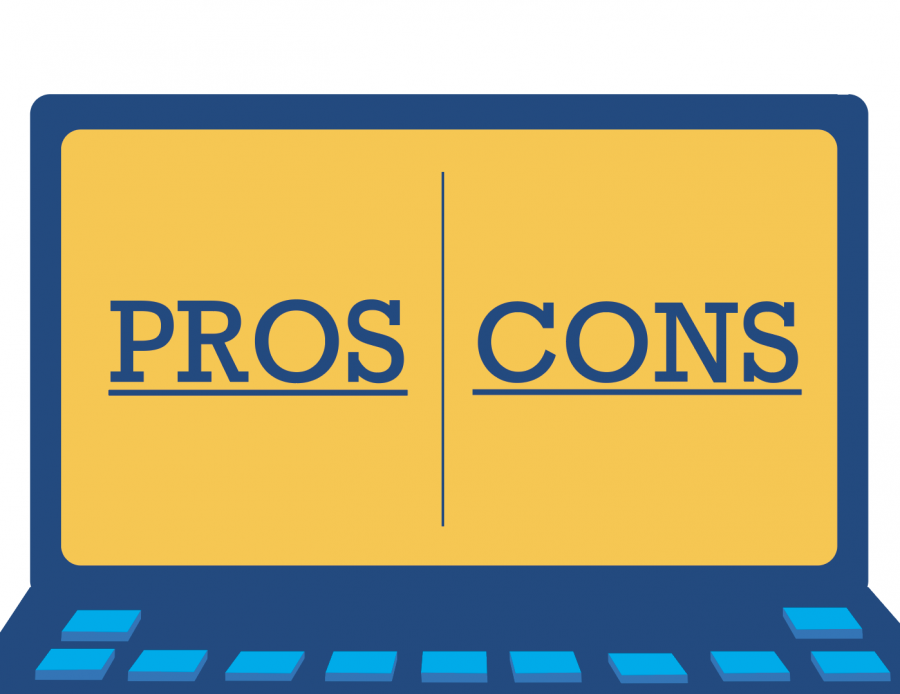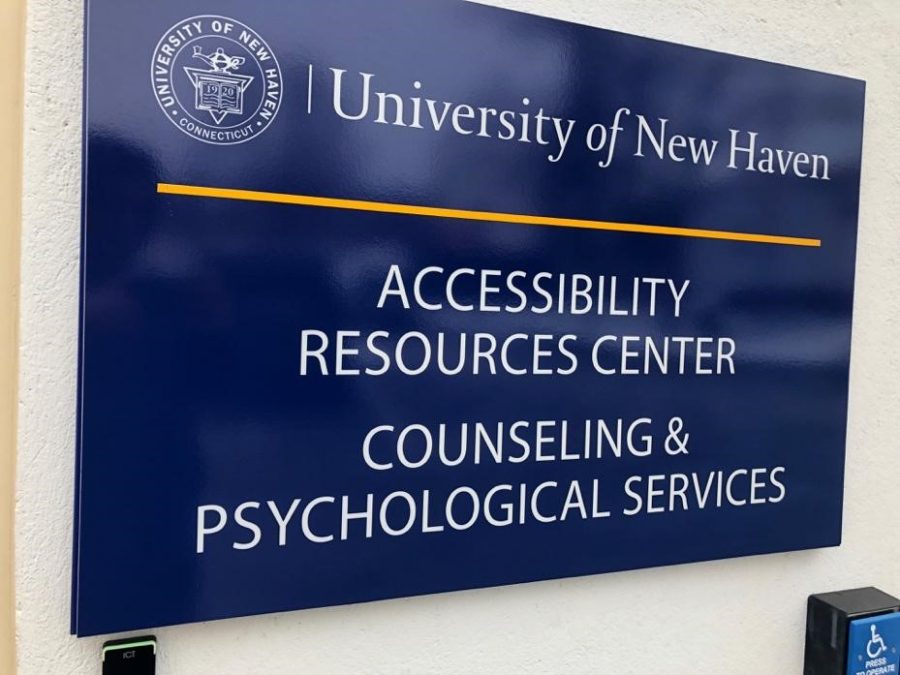Can’t concentrate on your research paper because of the slices of chocolate cake dancing around in your head? MSN claims that human beings are constantly being driven to eat by factors entirely distinct from actual hunger.
Although I’d like to believe that cravings are the body’s way of communicating deficiencies in particular nutrients, this theory has not yet been scientifically proven. And while low protein may seem like a rational explanation for your filet mignon craving, what about that one for potato chips? MSN believes that rather than your body lacking saturated fat and preservatives, it is more likely that we desire processed foods simply because we have a fondness for them.
According to many fitness experts, food cravings are often the result of emotional or psychological desires. As Americans, our lives revolve greatly around the food we eat, and consequently, we involuntarily form associations between these foods and moments in our lives. For example, we generally eat cake during times of celebration (i.e. birthdays, holidays, etc.), and thus, cake gets unintentionally programmed in our minds as an uplifting, joyous food. This seemingly harmless association becomes dangerous when suddenly every time you are feeling down, your body craves the food it links with feeling good: a 1,500 calorie slice of triple layer funfetti cake.
“There is also evidence that some people perceive certain foods to be a reward, which may increase a craving for those foods,” Martica Heaner, journalist for MSN Health and Fitness wrote.
Giving a young student a piece of candy for turning in his homework or allowing a child to eat three cookies after she clears her plate at dinner are both examples of food-related conditioning that occurs often in our society.
There are, of course, other explanations for our cravings. One is simply that humans desire what they like, and as humans, we are innately wired to enjoy sweets and fats. In addition, cravings can result from hunger or lack of energy. If your body is lacking fuel, it is going to send signals for highly accessible, high calorie (high energy) foods. To avoid such cravings, try eating small, healthy snacks at regular intervals throughout the day.
Foods rich in fiber, whole grain, and protein help provide your body with a steady supply of energy and can help fight those pesky cravings! And while consuming that Big Mac may seem like nutrition no-no, sometimes denying your body what it wants most will actually cause you to crave the food more. Individuals who allow themselves to occasionally splurge on their favorite foods are less likely to binge eat and have an easier time maintaining a healthy body weight.









